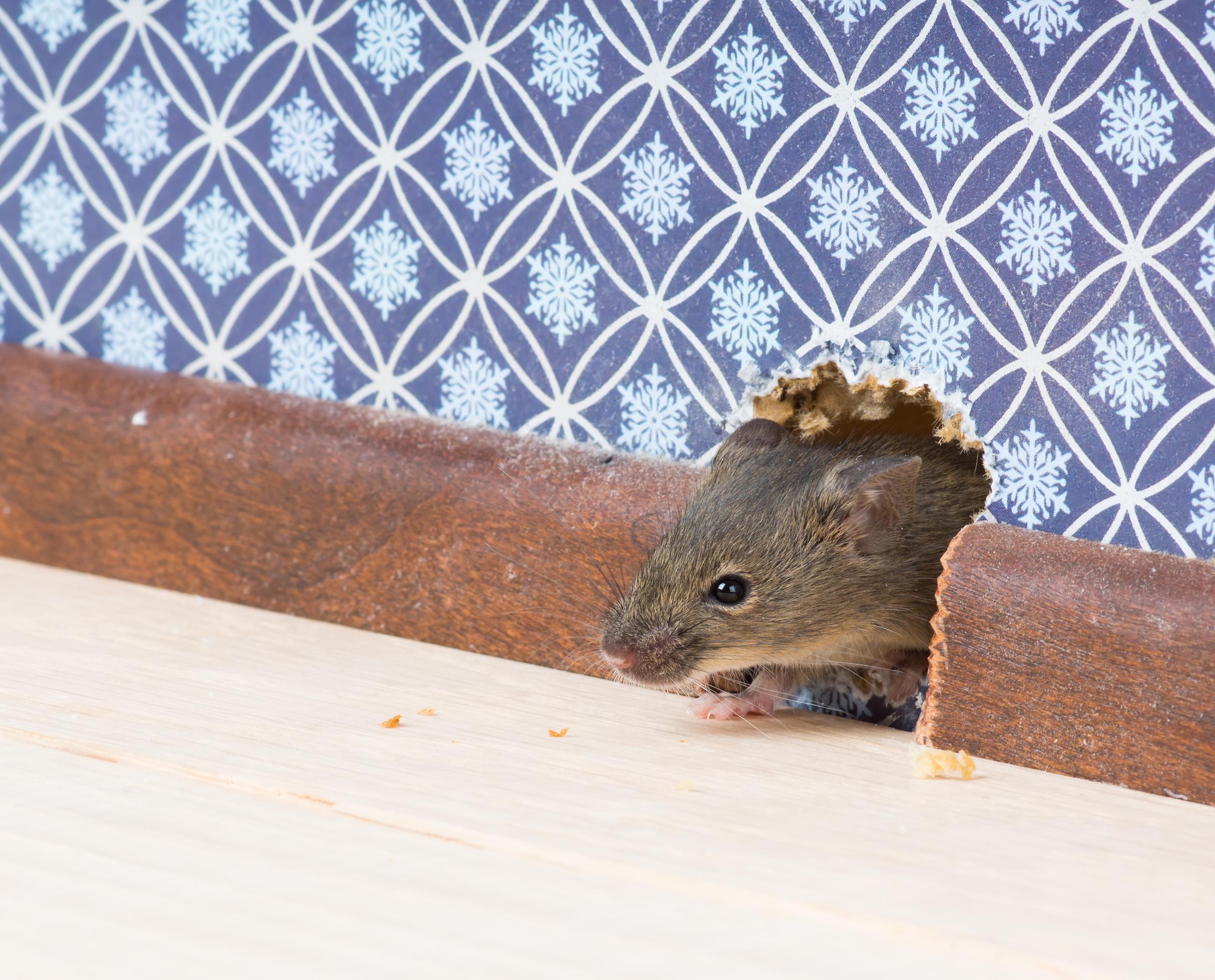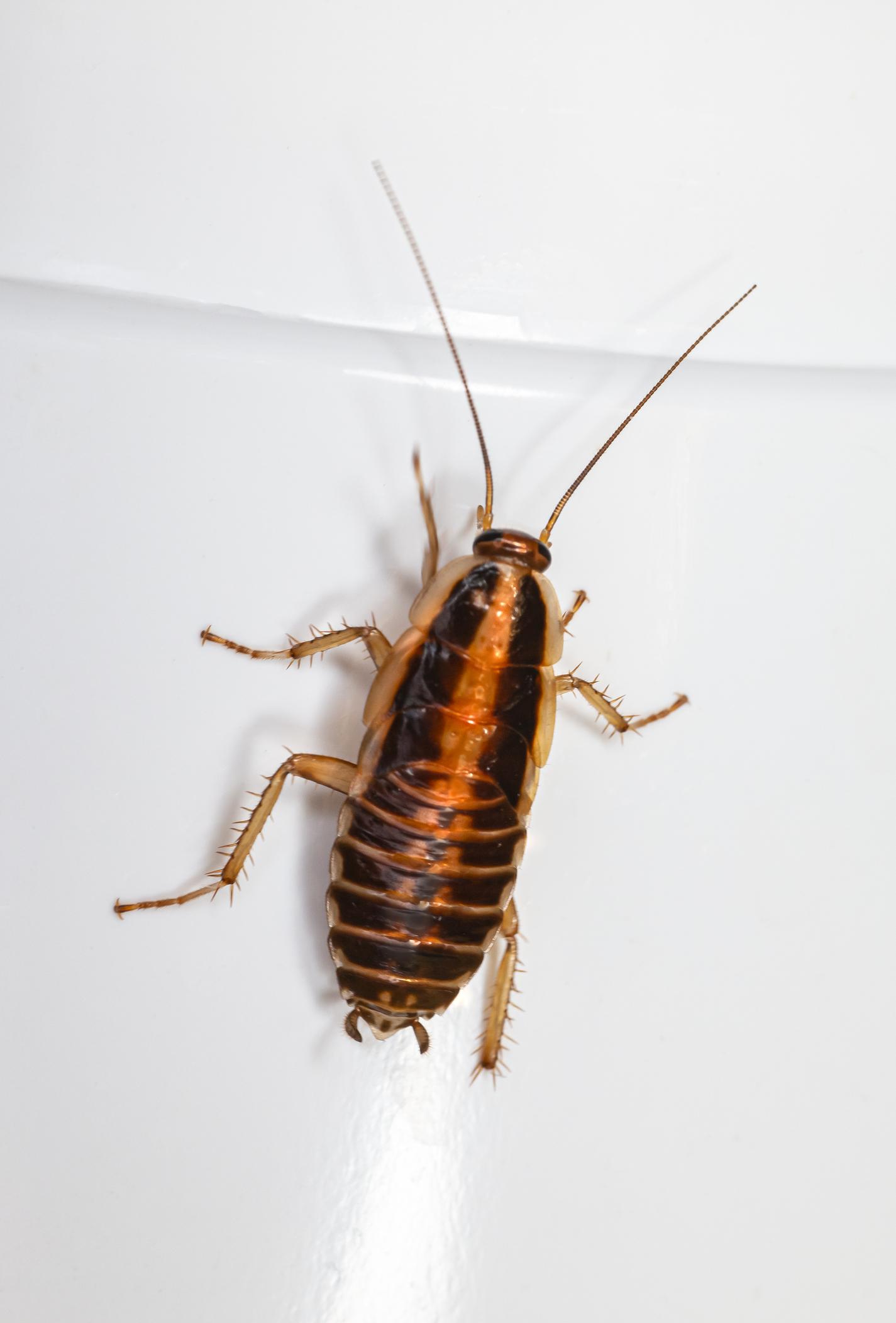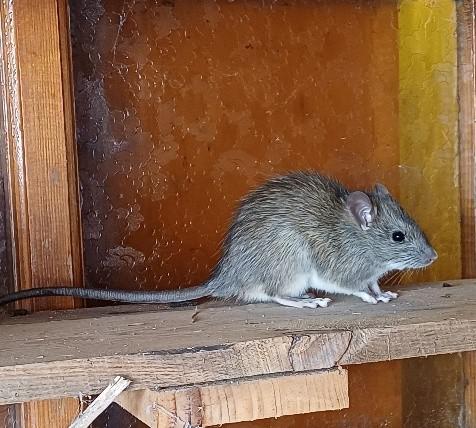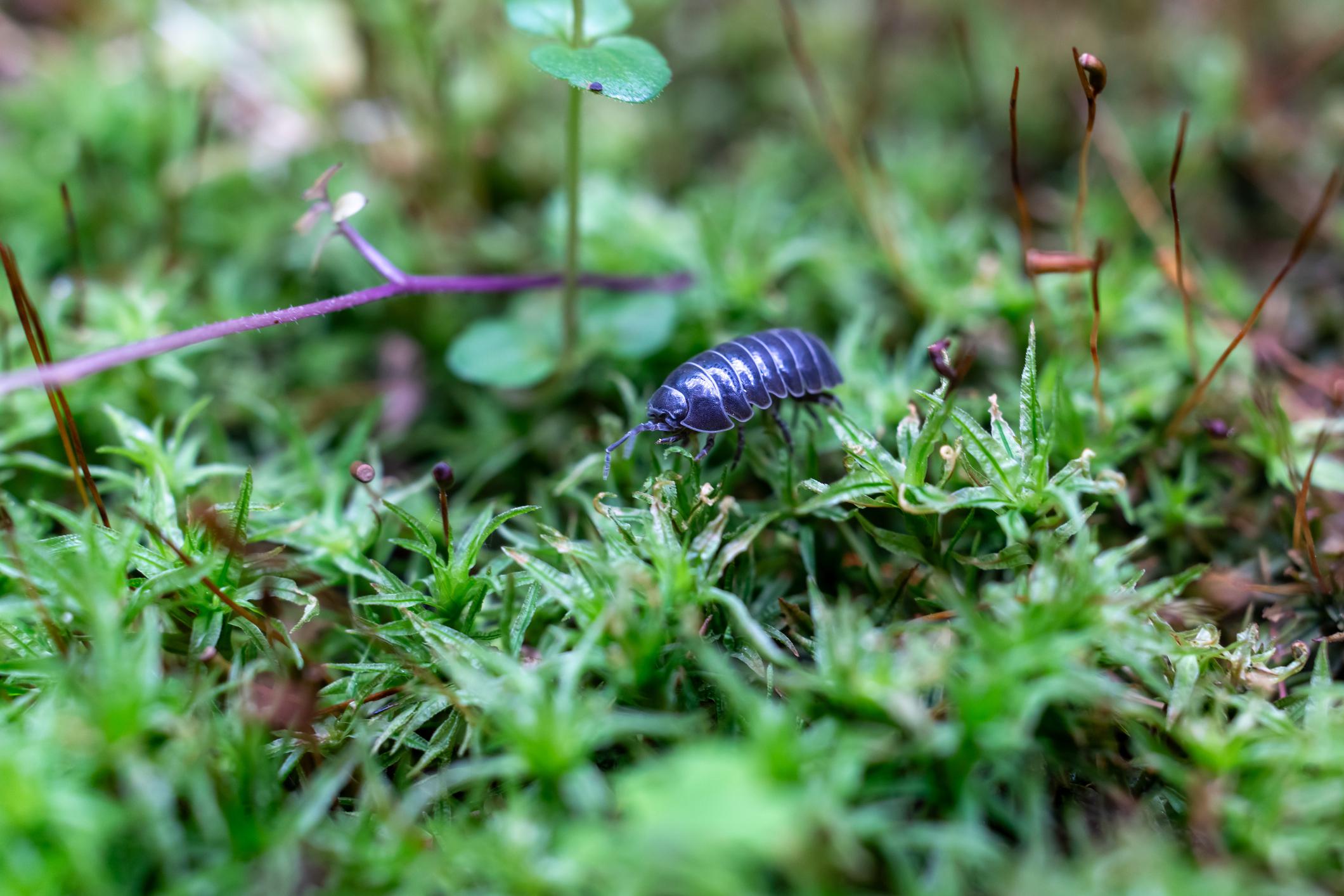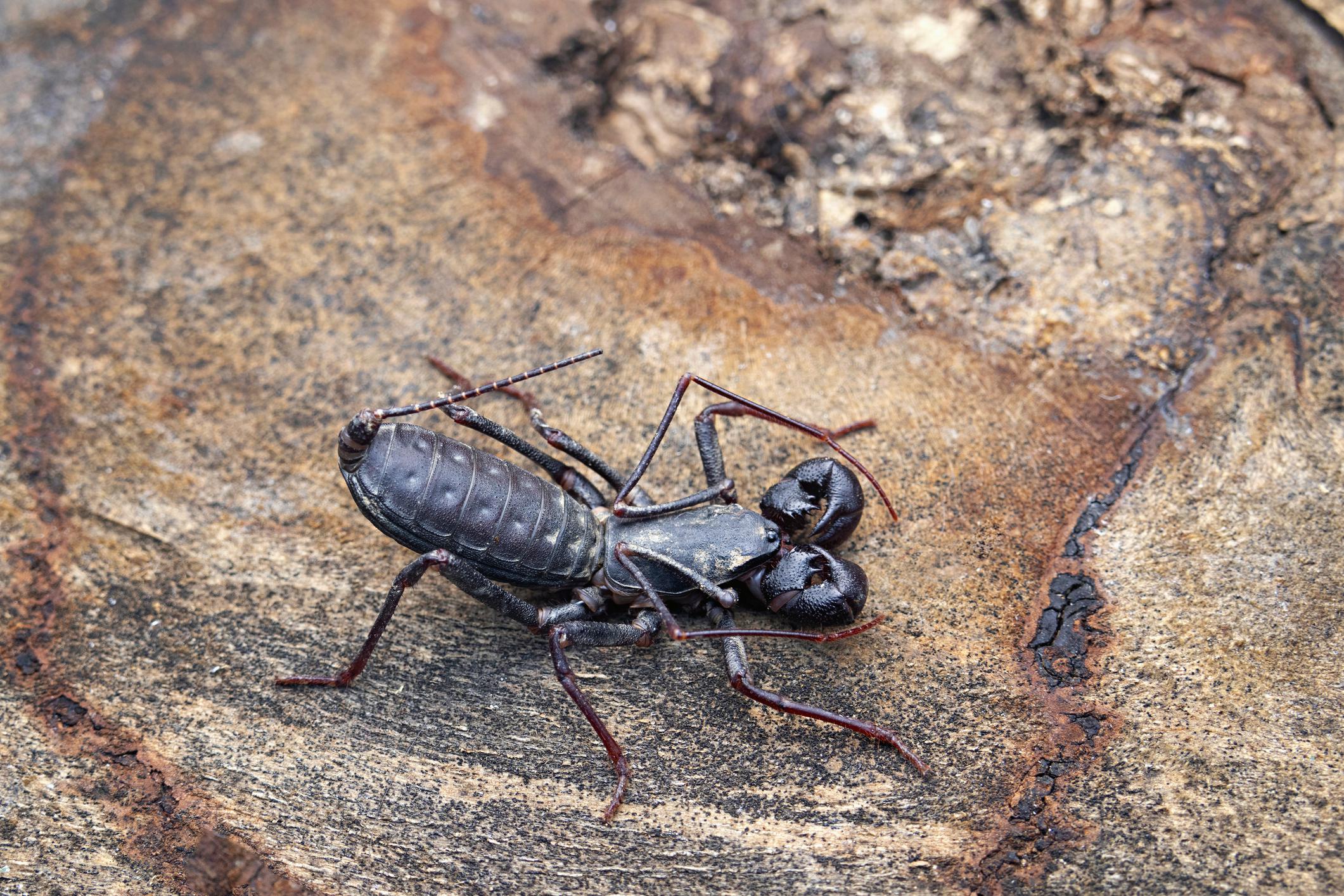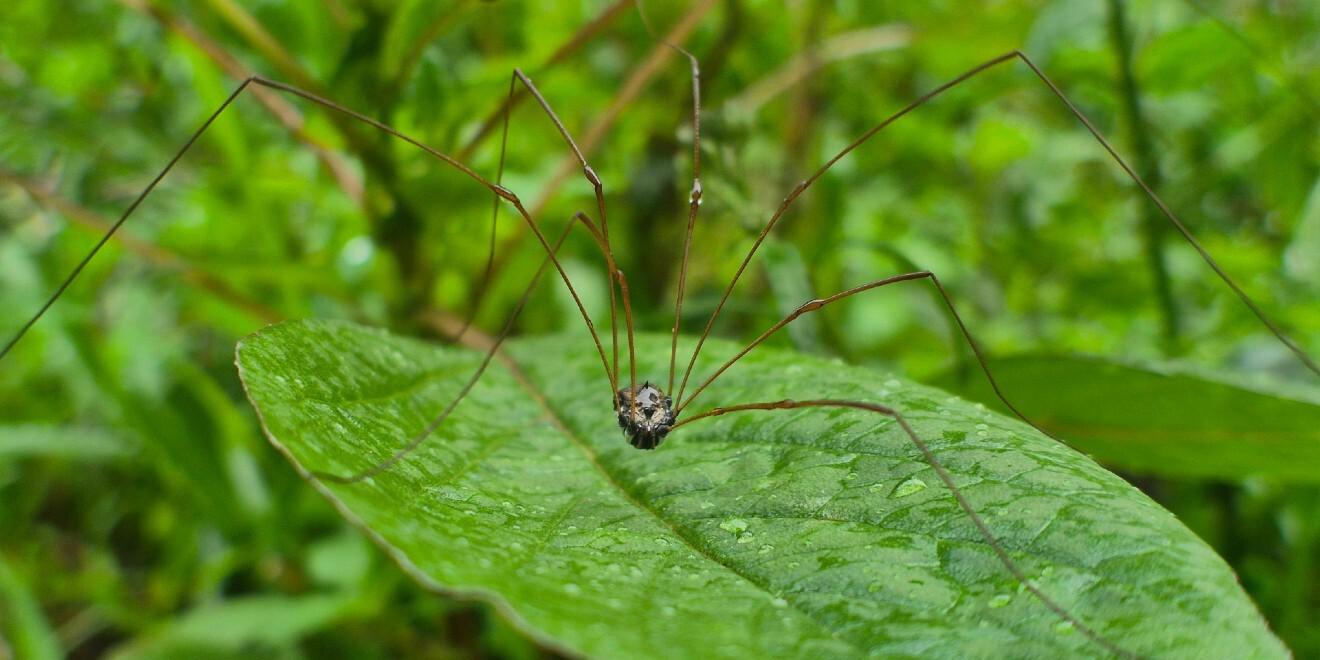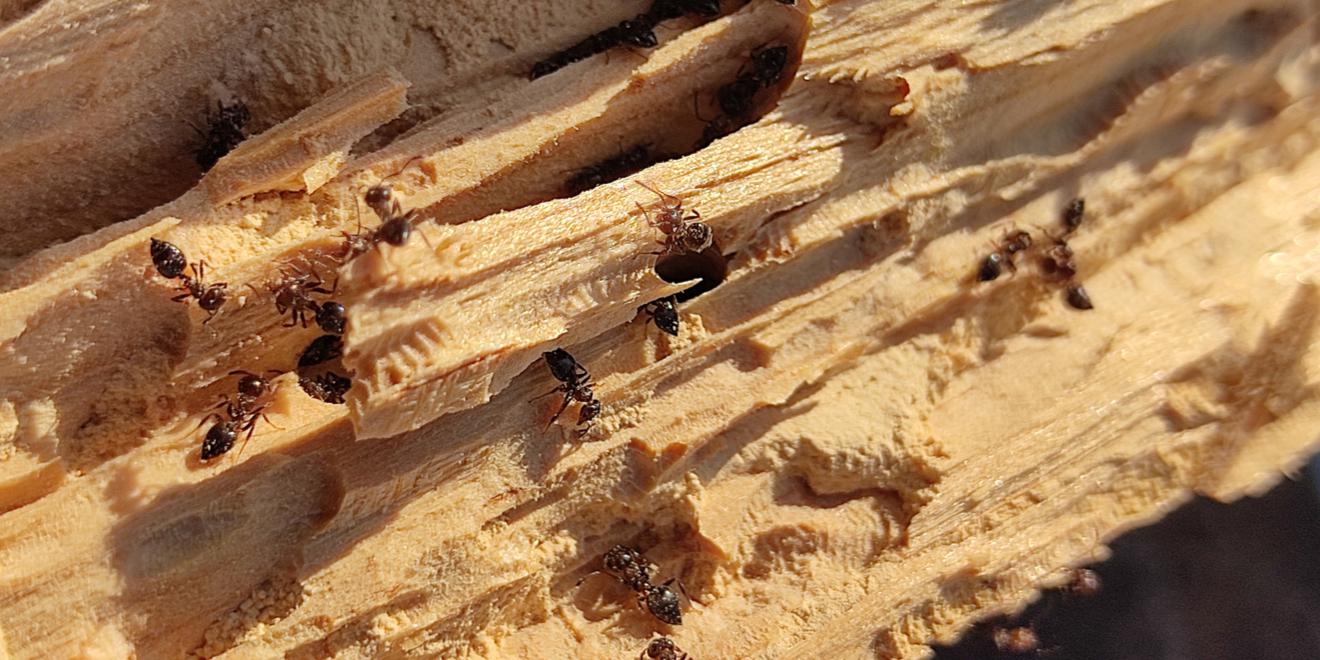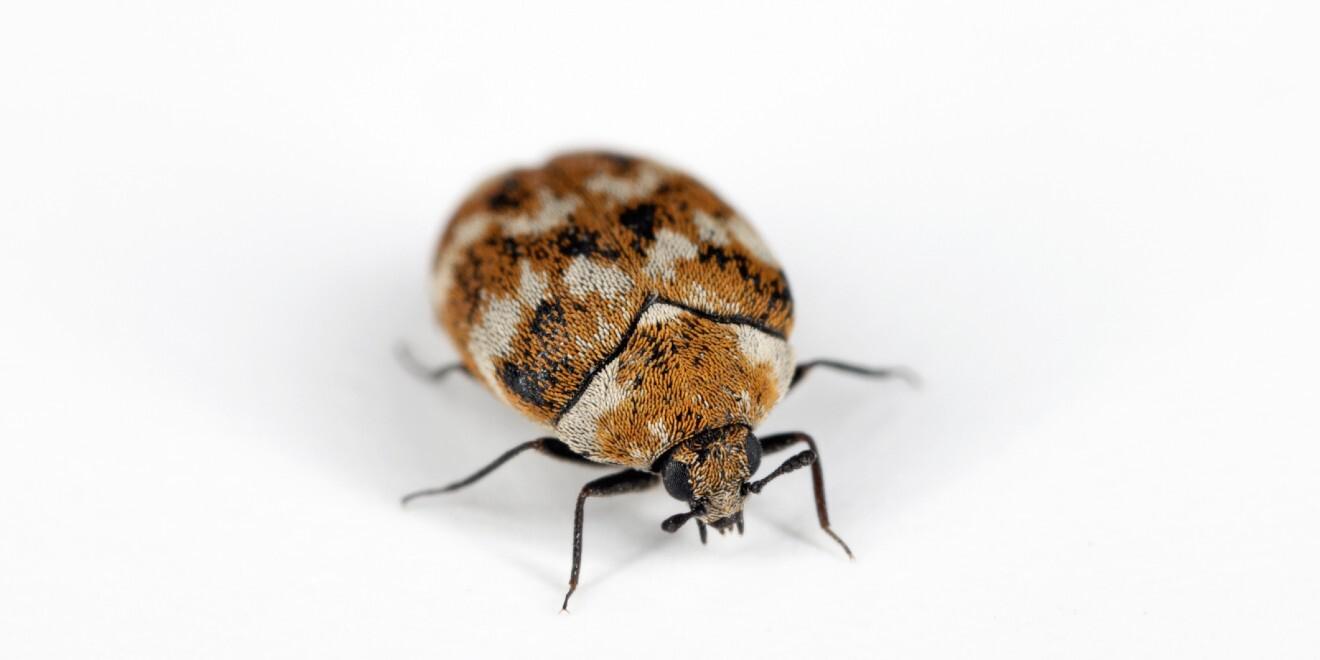What You Need to Know About Alpha-Gal Syndrome & How Our Chesapeake Tick Control Solutions Can Help
Posted by Mosquito Squad
June 6, 2025
When you think of tick bites, you might worry about Lyme disease. But in Hampton Roads, a single bite from the wrong tick could leave you allergic to red meat for life.
What Is Alpha-Gal Syndrome?
Alpha-Gal Syndrome (AGS) is an allergic reaction to a carbohydrate molecule, known as alpha-gal, that is found in most mammals. People who develop AGS often become allergic to red meats like beef, pork, and lamb. The condition stems from a bite by the Lone Star tick, which introduces alpha-gal into the body. What makes AGS unusual is its delayed reaction – symptoms like hives, stomach cramps, or even life-threatening anaphylaxis can show up to 6 hours after eating meat. In some cases, people react to mammal-derived products such as gelatin or dairy and even medications. It can be difficult to diagnose the condition and may require blood lab work. As AGS awareness grows, so does the understanding that this condition is far more than a dietary inconvenience. It's a complex, potentially serious problem that is still being studied.
Does Alpha-Gal Syndrome Go Away?
While some patients report symptoms easing over time, especially if they are able to avoid further exposure to tick bites, there is no available cure. Most people with AGS must make changes to their lifestyle that will follow them for their entire lives. Those who have been diagnosed with the condition must avoid red meat, check for mammal-based ingredients in everything they ingest, including medications, and possibly may need to carry an epinephrine auto-injector, or EpiPen.
What Kind of Ticks Can Cause Alpha-Gal Syndrome?
The Lone Star tick is identifiable by the white dot on a female tick’s back or a black, weblike pattern on a male tick’s back. It is an aggressive, fast-moving species that prefers to feed on humans, though it may feed on other mammals. In fact, feeding on mammals is how AGS occurs: the alpha-gal molecule from the mammal’s blood when bitten by a tick, which will then transfer the molecule to a human. Not every bite from a Lone Star tick will result in AGS, but the risk is high enough to warrant serious precaution. Unlike some other tick species, the Lone Star tick is active earlier in the year and in a wider range of environments, including the shady, wooded, and grassy areas common throughout Virginia.
Are There Lone Star Ticks in Chesapeake?
Lone Star ticks are a growing problem not just in Chesapeake but throughout Virginia. The species has expanded its range into much of the state, including the Hampton Roads area. Residents who enjoy outdoor activities in wooded or brushy areas should be particularly vigilant.
What Are My Options for Chesapeake Tick Control?
Because tick bites can have long-lasting effects like AGS, it’s important to have a solid tick control plan in place to help keep yourself and your loved ones protected. Mosquito Squad has plenty of effective solutions for Chesapeake tick control. For example, our Yard Defender pest package uses a comprehensive, three-step approach to repel ticks as well as other common outdoor pests, like fleas, mosquitoes, and more. It starts with a detailed inspection of your home to find the places where ticks and other pests hide, like shady spots, tall grasses, and low-lying vegetation. Then, we target these areas with our highly effective treatment spray and then follow up with other supplemental treatments as needed.
Searching for pest control near me?
For dependable outdoor pest control near you, call on the professionals at Mosquito Squad. Call (757) 300-1839 or contact us online for a complimentary Hampton Roads pest control assessment and quote.
Read about our 100% customer satisfaction guarantee!

